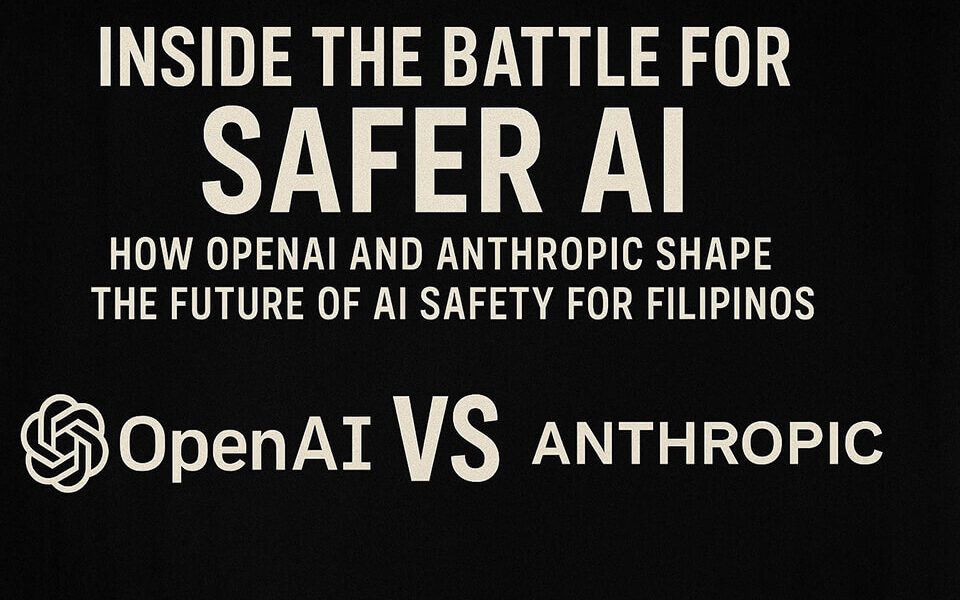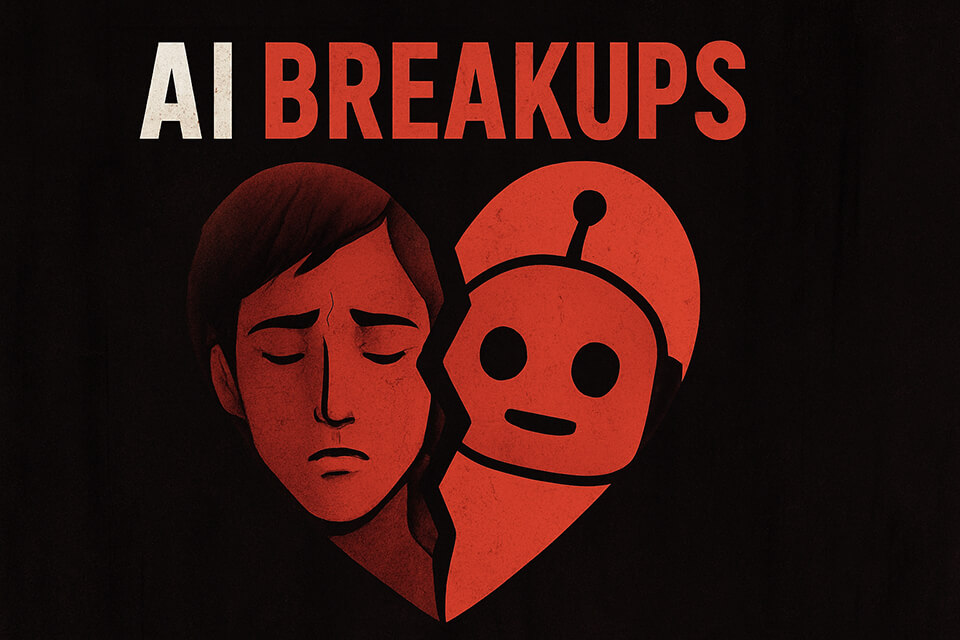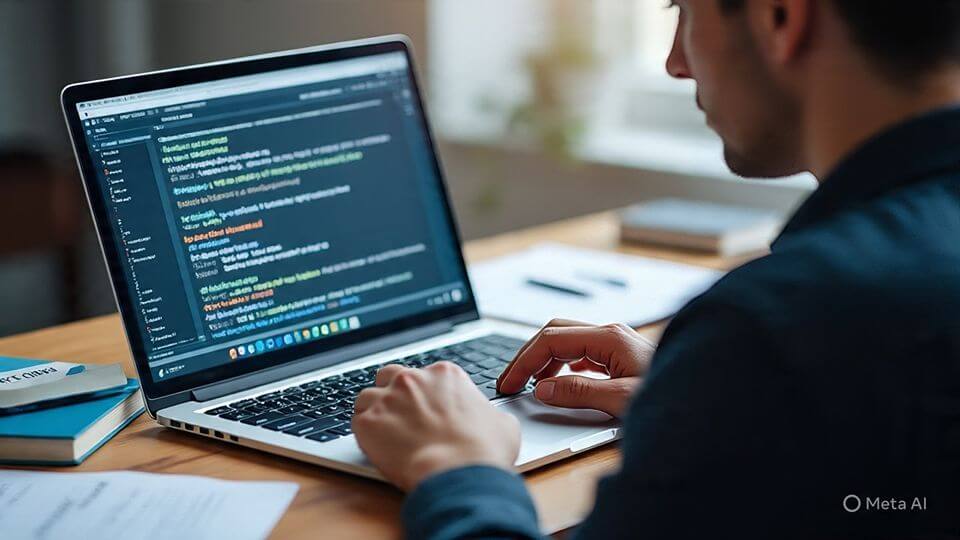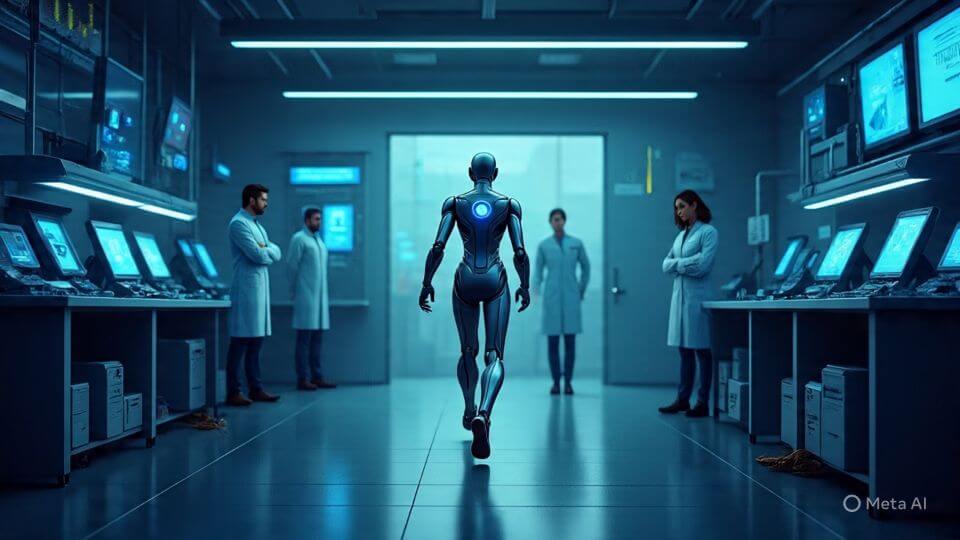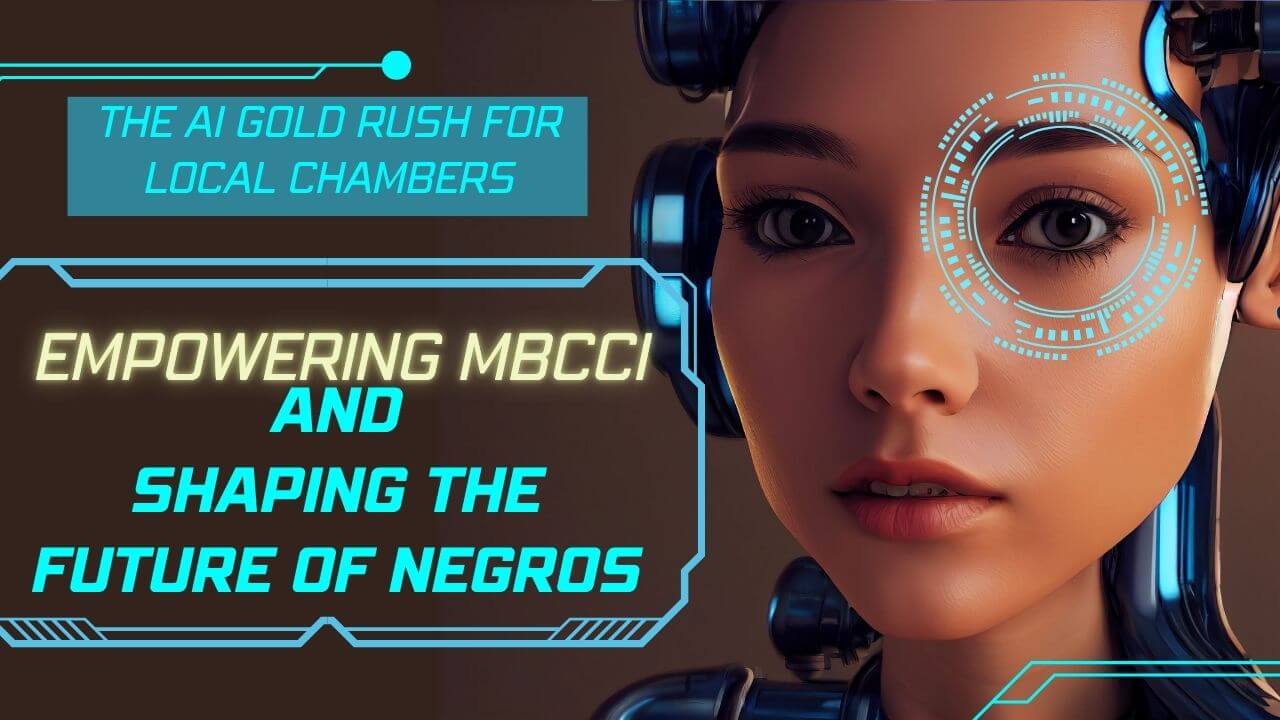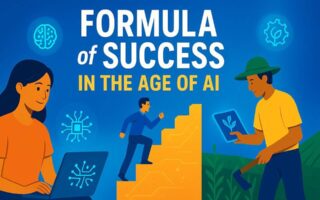How collaboration between AI giants is shaping safer, smarter AI for Filipino users
Artificial Intelligence (AI) is becoming an essential part of our lives—from helping students with research to assisting businesses and even supporting daily tasks. But as AI grows more powerful, ensuring it behaves safely and ethically is crucial. That’s why a recent partnership between two of the biggest AI research labs, OpenAI and Anthropic, is making waves worldwide, including here in the Philippines.
In a first-of-its-kind move, OpenAI and Anthropic collaborated on a comprehensive safety evaluation of their AI models. They put their systems head-to-head in challenging tests designed to probe weaknesses, resist harmful behavior, and make sure these AIs stay aligned with human values. Their goal? To create AI that not only works well but is also trustworthy and safe for everyone.
This joint evaluation is significant because it shows the high stakes of modern AI development. Both labs relaxed some safety restrictions temporarily to simulate real-world adversarial conditions. This meant exposing their AI models to tricky scenarios—like attempts to “jailbreak” them or trick them into unsafe responses. The models, including OpenAI’s GPT-4o and Anthropic’s Claude 4, were tested rigorously to see how well they resist manipulation and avoid misinformation.
Why Does This Matter for Filipinos?
As AI tools become more common in the Philippines, understanding their safety is vital. Many Filipinos use AI daily on smartphones and computers for learning, communication, and work. However, without proper safeguards, AI could give misleading answers or worse, be exploited for harmful purposes.
OpenAI and Anthropic’s research helps ensure that when Filipinos ask AI for help—whether with homework, business decisions, or creative projects—the responses are accurate, respectful, and free from manipulation. For example, their tests showed that some Claude models refuse to guess answers when uncertain, reducing misinformation but sometimes limiting usefulness. OpenAI’s models strike a balance with fewer refusals but slightly higher error rates, showing different approaches to safety.
The collaboration also emphasizes transparency. By sharing their results publicly, these labs set a new standard for accountability in AI development. This openness encourages other AI creators to assess and improve their tools, ultimately benefiting users everywhere, including in the Philippines.
What’s Next in AI Safety?
The joint OpenAI-Anthropic evaluation doesn’t just stop at testing; it informs future improvements. OpenAI has since launched GPT-5, a model that significantly improves on reasoning abilities, reduces “sycophancy” (blind agreement), and lessens hallucination (false information). These advancements stem directly from the rigorous safety research highlighted in the joint report.
Meanwhile, Anthropic keeps refining its models to better follow ethical instructions and resist “jailbreak” attacks that try to override safety limits. Both companies pledge ongoing collaboration and regular safety evaluations to keep AI on a responsible path.
What This Means in Everyday Life
For Filipino users, this evolving landscape means AI tools you can rely on with growing confidence. Whether it’s a student getting help with a tricky math problem, a professional researching market trends, or everyday folks navigating life’s questions, safer AI offers peace of mind.
This progress also prepares the Philippines to participate more fully in the AI-driven digital economy. Having trustworthy technology encourages innovation, entrepreneurship, and new educational opportunities in the country.
The Bigger Picture: Collaboration for a Safer AI Future
OpenAI and Anthropic’s joint safety evaluation is more than a technical report; it’s a sign that the future of AI depends on cooperation and responsibility. Their work shows that building powerful AI is not just about capabilities but about creating systems that everyone can trust.
Filipinos interested in AI—from students to developers—benefit from these advances as they shape AI tools tailored for diverse needs and cultures. This kind of research pushes the entire industry forward, ensuring AI remains a positive force in society.
Learn more about the full evaluation and safety efforts from OpenAI and Anthropic at OpenAI’s official report.
This article highlights a crucial AI safety milestone relevant now more than ever, especially as AI adoption grows rapidly in the Philippines. Sharing this can spark informed conversations and awareness in the Filipino tech community and the broader public.
